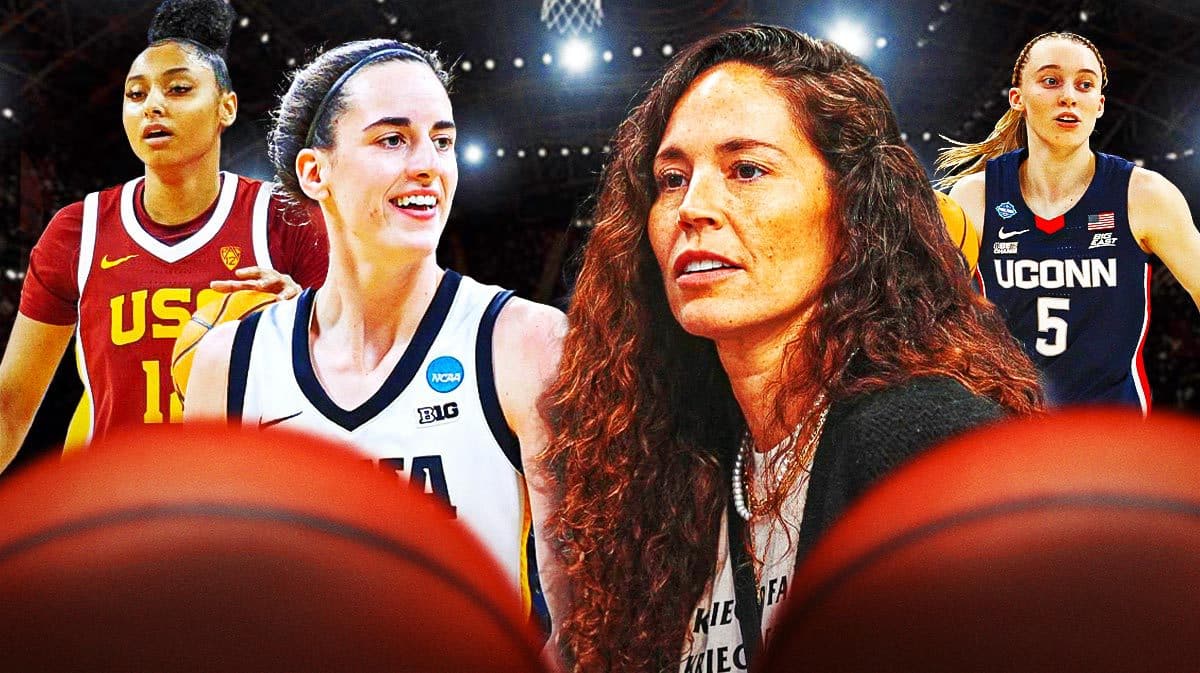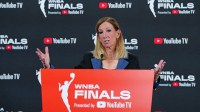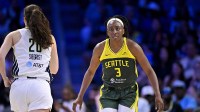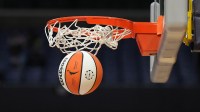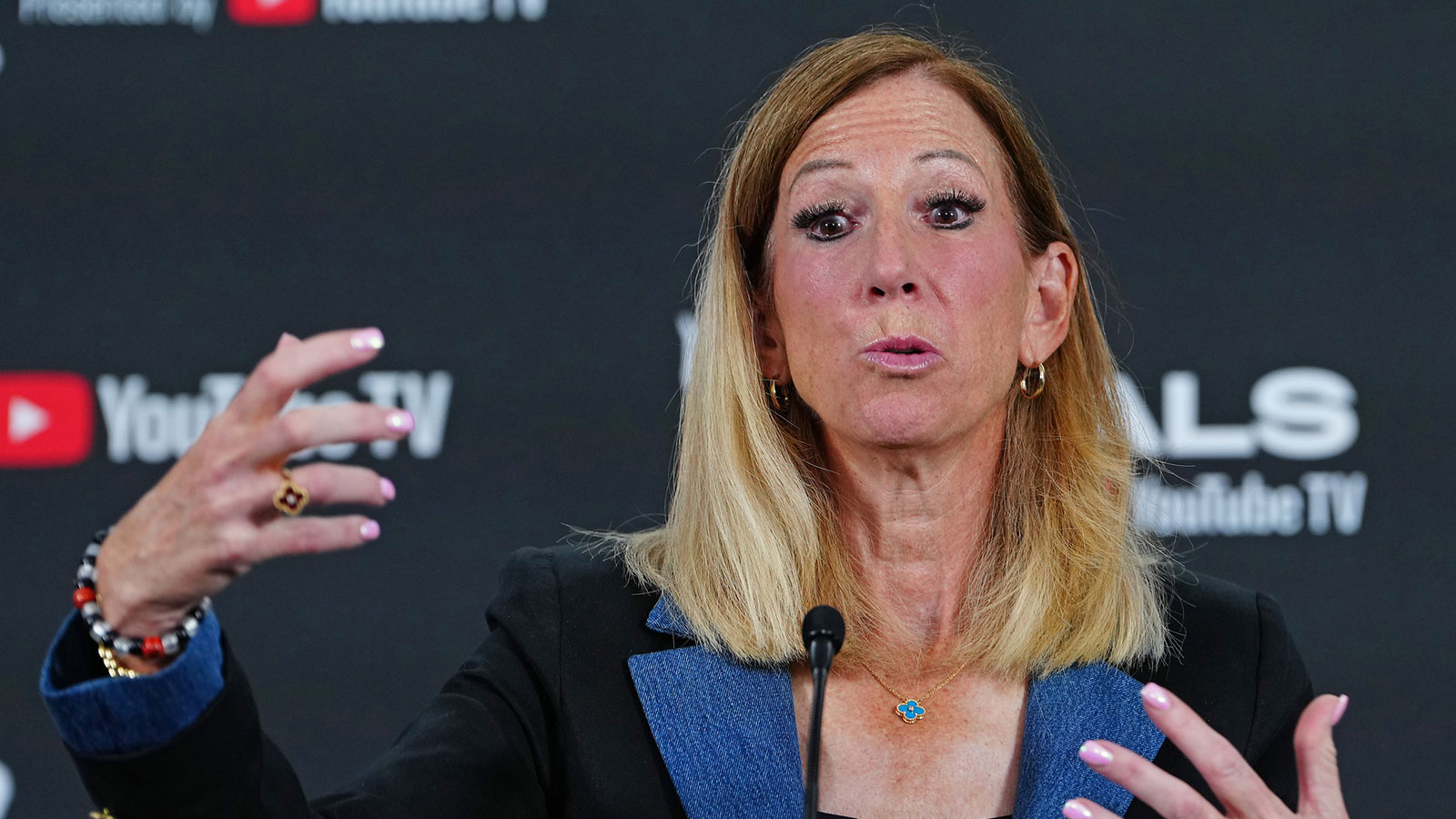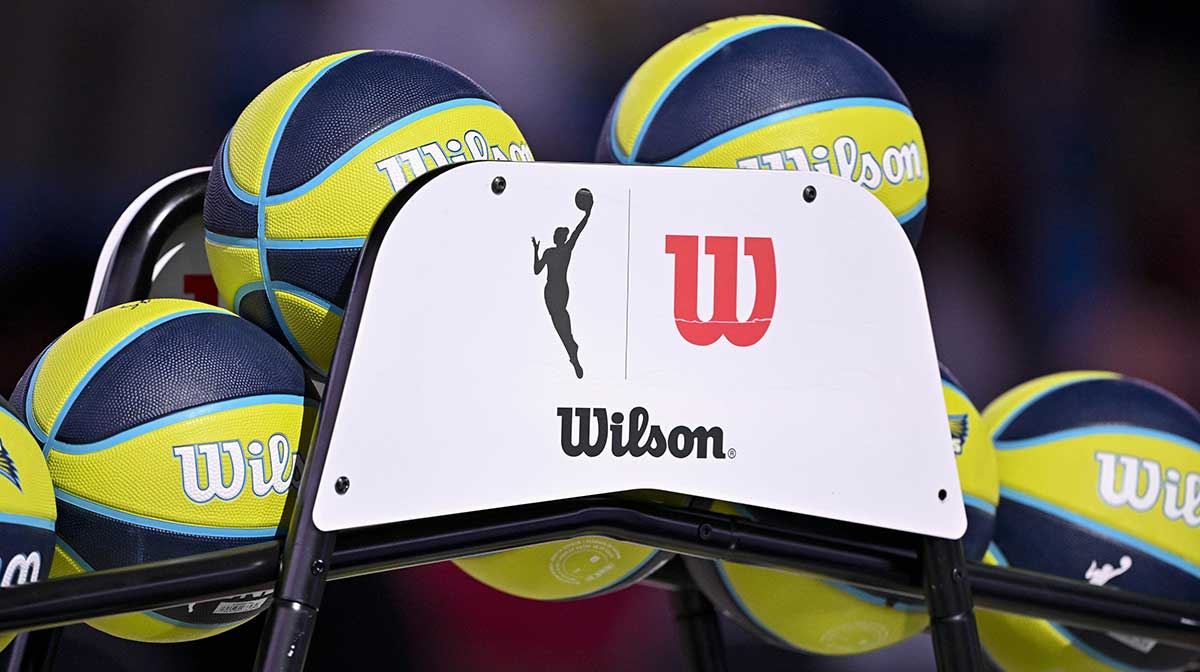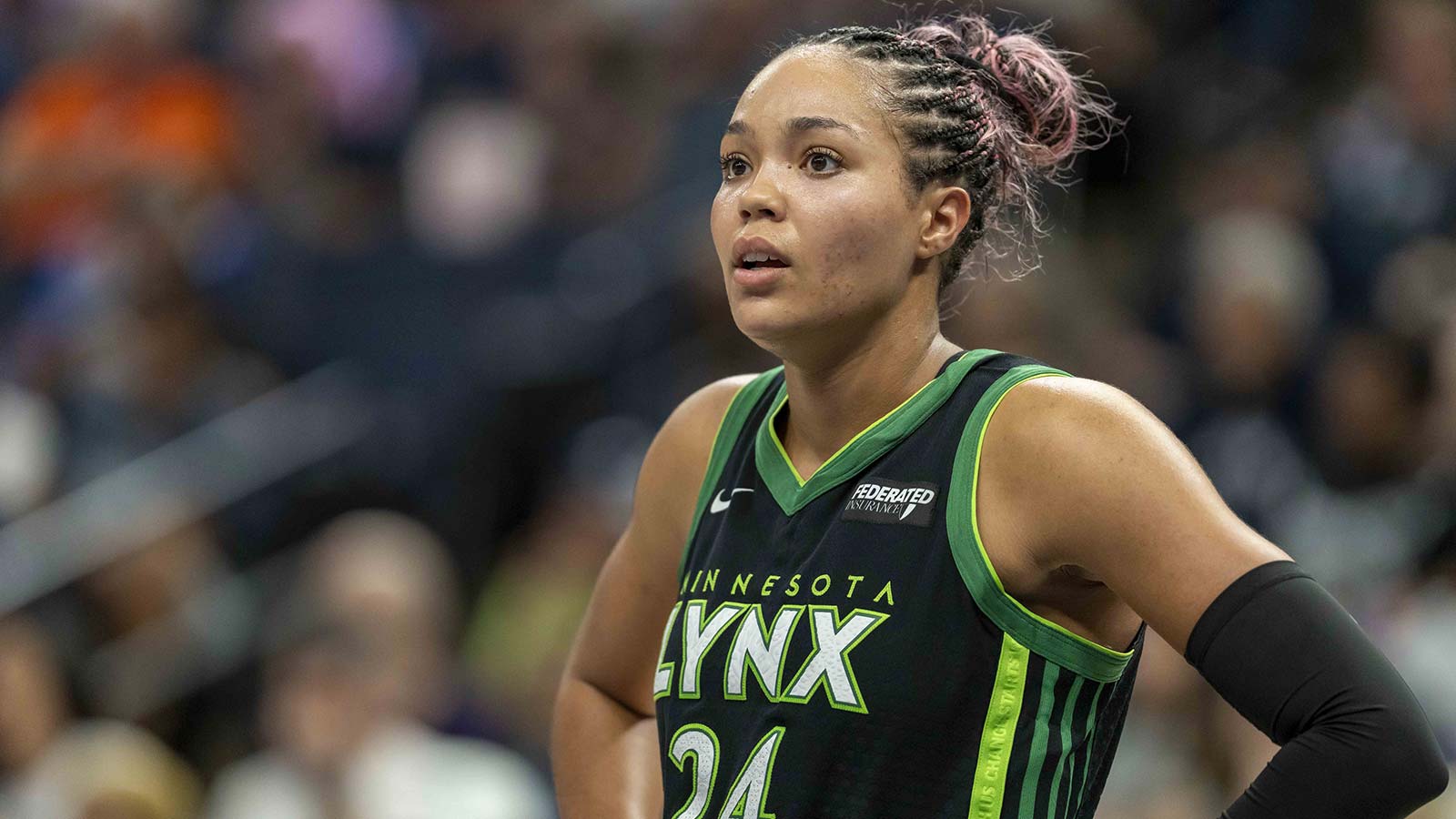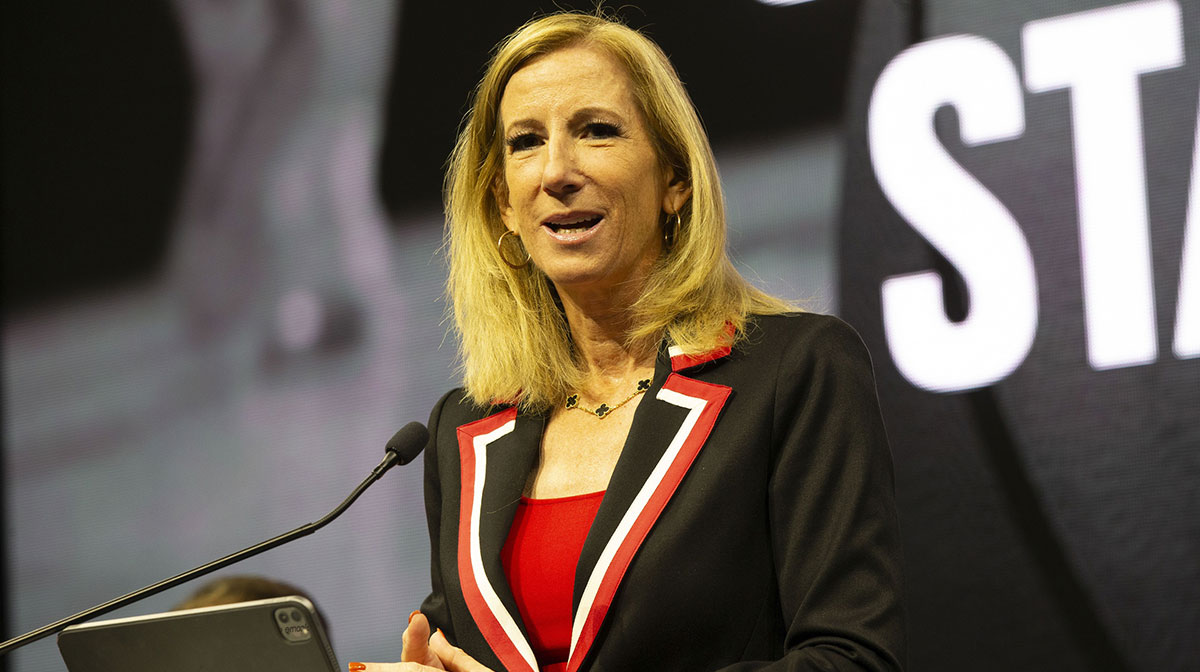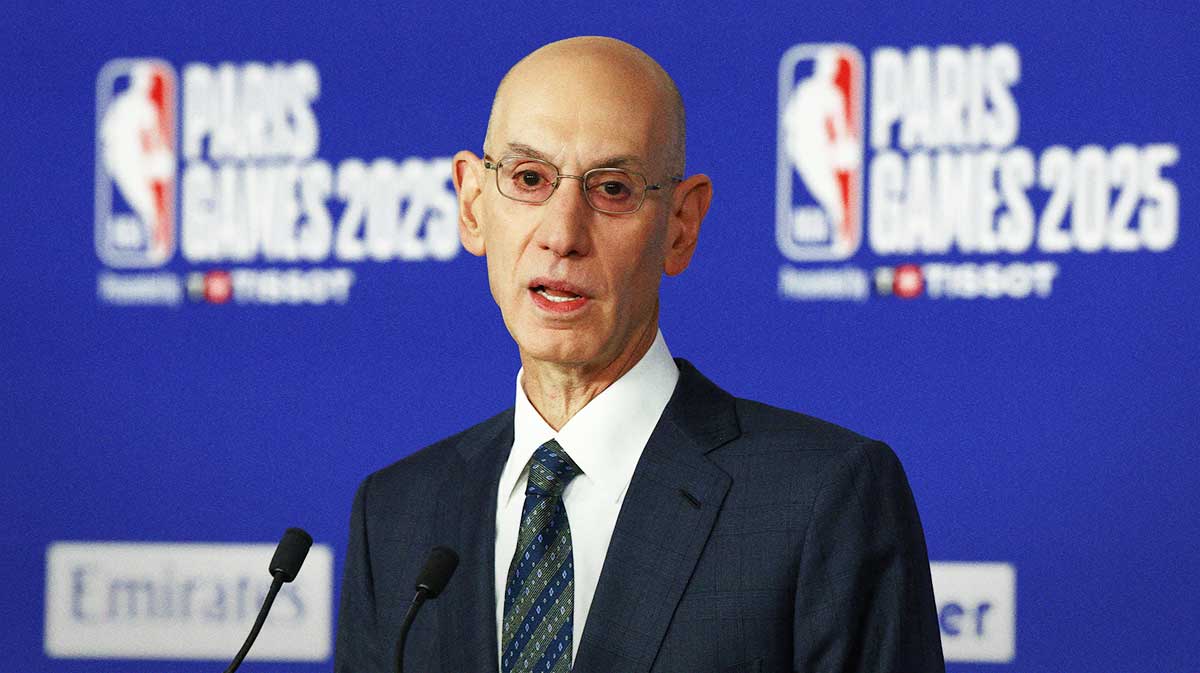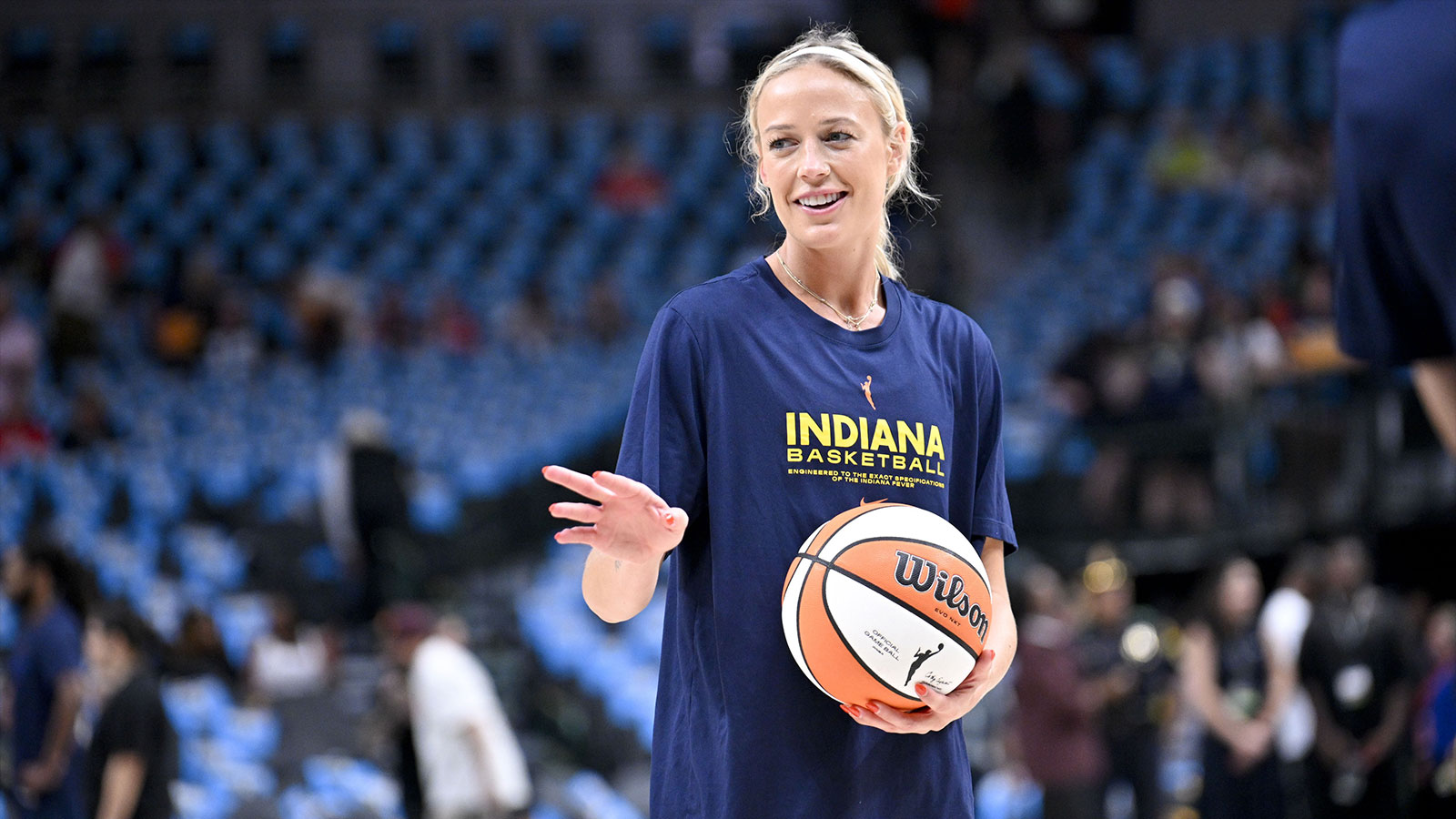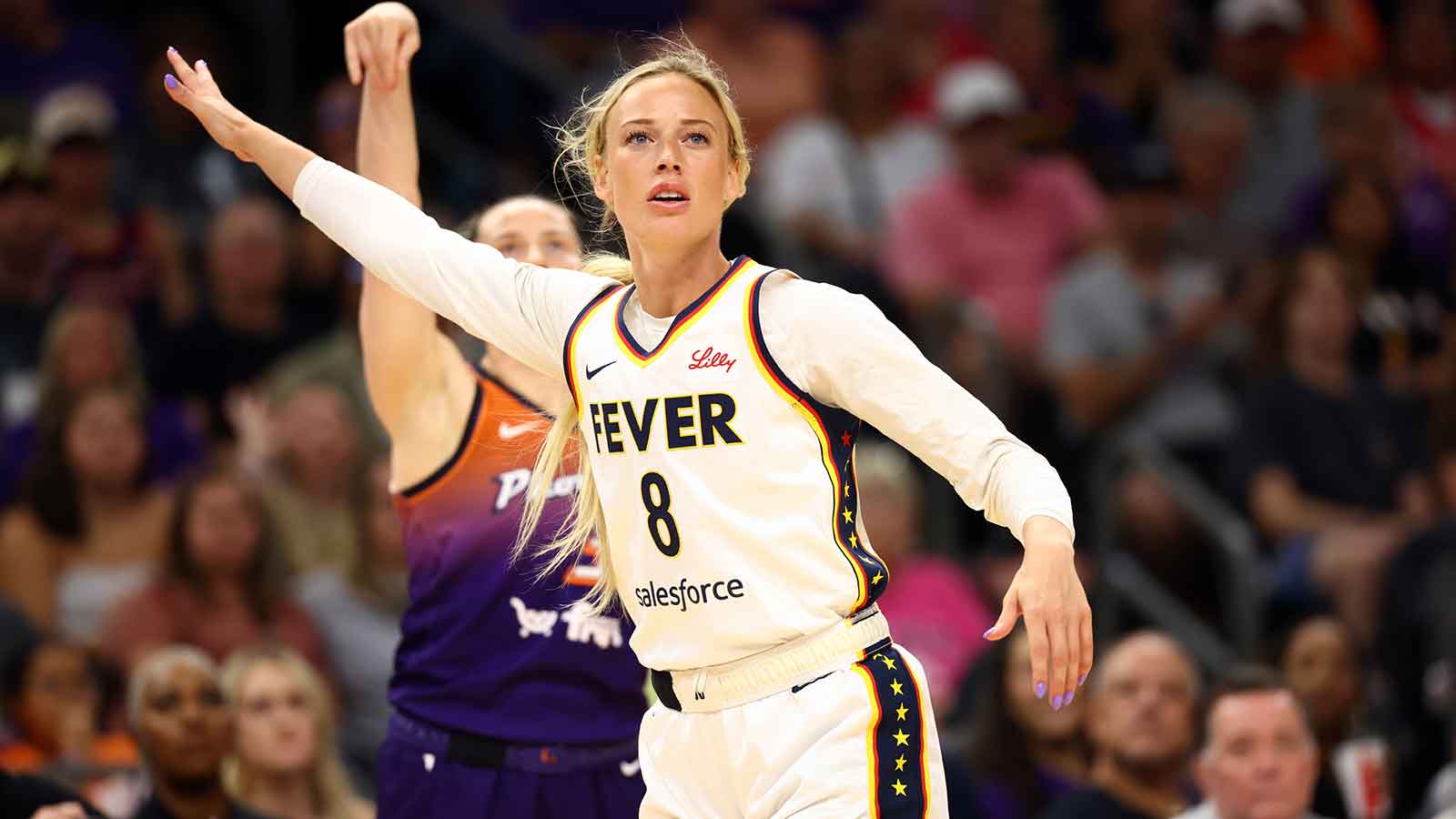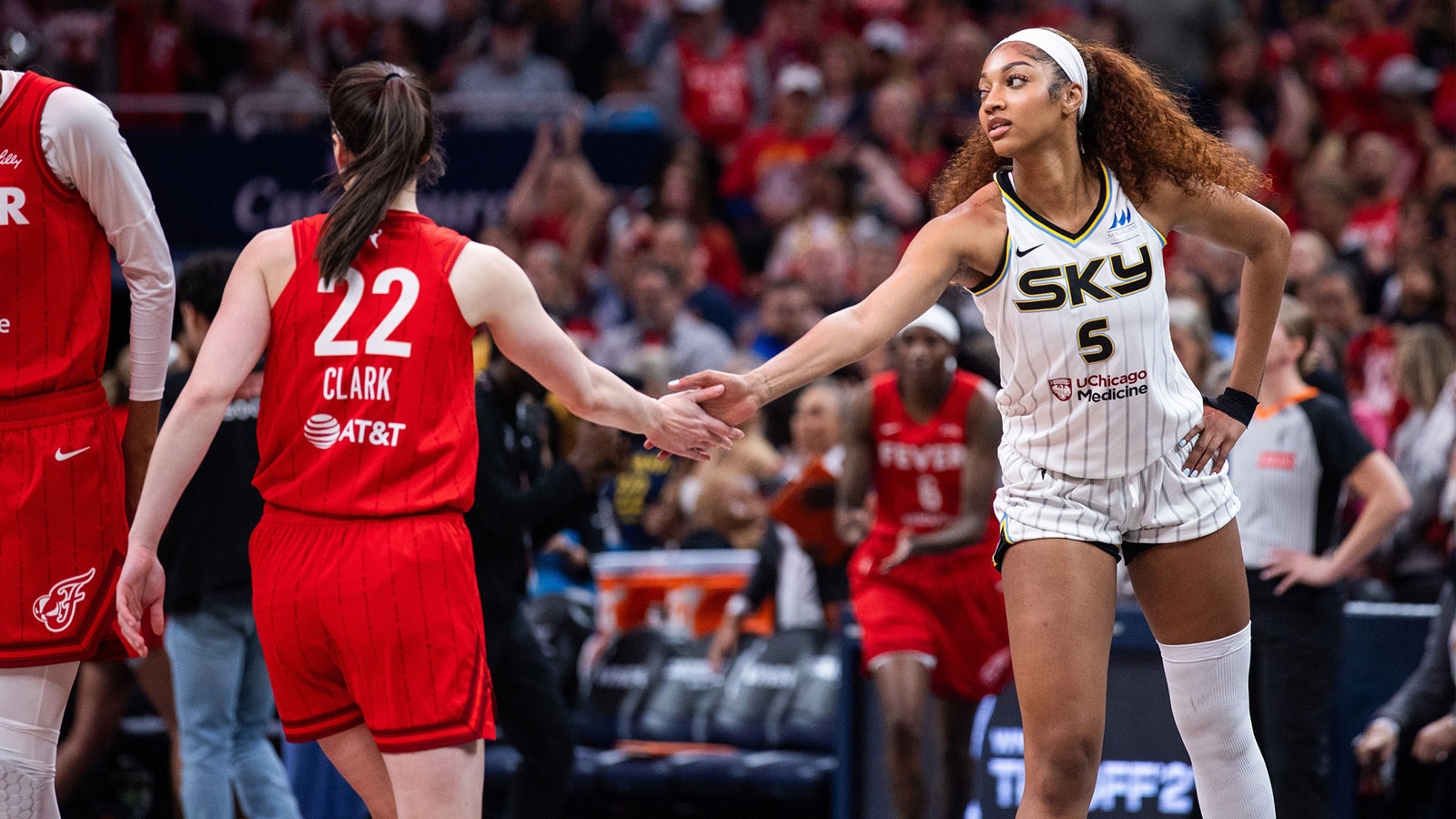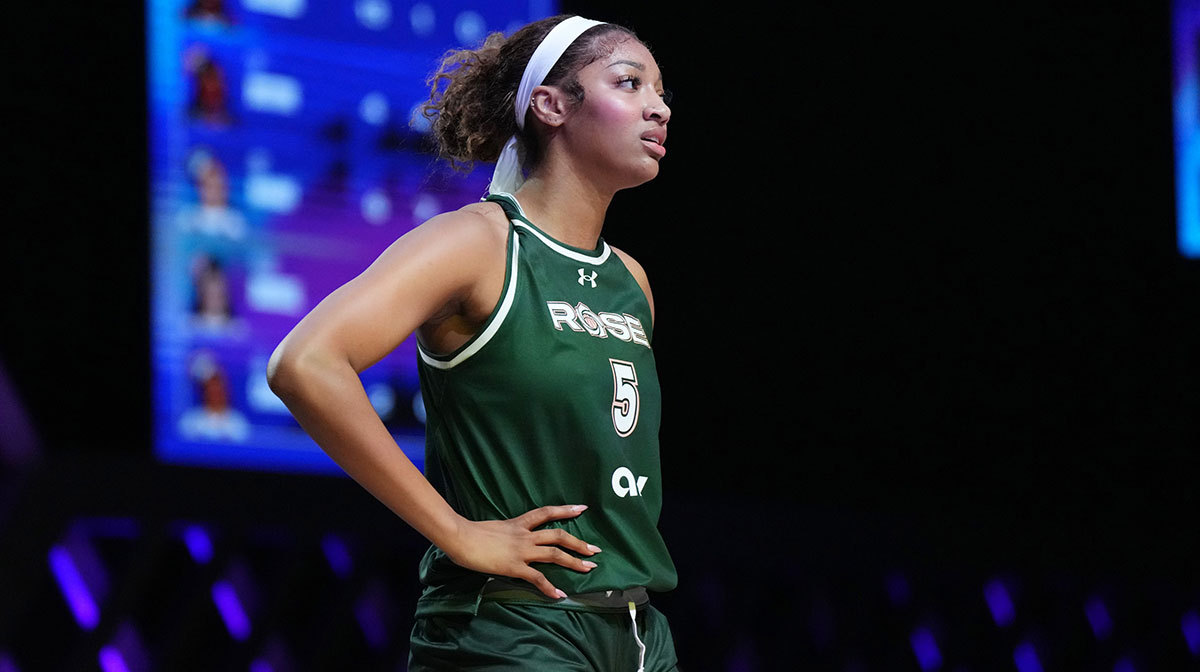WNBA legend Sue Bird has issued a stark warning to the league: capitalize on the popularity of young stars like Caitlin Clark, Paige Bueckers and JuJu Watkins or risk losing them to overseas play.
In a sports era where the influence of athletes is amplified by social media, college basketball stars like Bueckers and Clark have not only made a name for themselves on the court but have also cultivated substantial followings online.
With Bueckers amassing nearly a million followers before even stepping foot at UConn, and her peers not far behind, Bird recognizes a golden opportunity for the WNBA to harness this built-in audience.
“When I started to see that, I literally thought to myself – I’ve never said this out loud, but from, not a player standpoint, but like a WNBA League business standpoint, they can’t let these kids ever go overseas,” Bird said Friday on The Ringer NBA Show.
The message is clear – the WNBA must make strategic moves to ensure these players, and their legions of fans, stay within the league's ecosystem rather than seeking opportunities abroad. Bird's concern reflects a broader conversation about the evolving landscape of women's basketball, where social media presence can translate into both influence and financial opportunity.
“The WNBA needs to do something with their business where these kids who are creating followings in high school – which are gonna get magnified in college because of the college basketball platform and NCAA Tournament and all the things,” Bird said. “When those kids get to the WNBA, they can't let them ever leave, and that could be a turning point, and it’s actually happening.”
WNBA commissioner says new players entering league with preexisting deals, clout
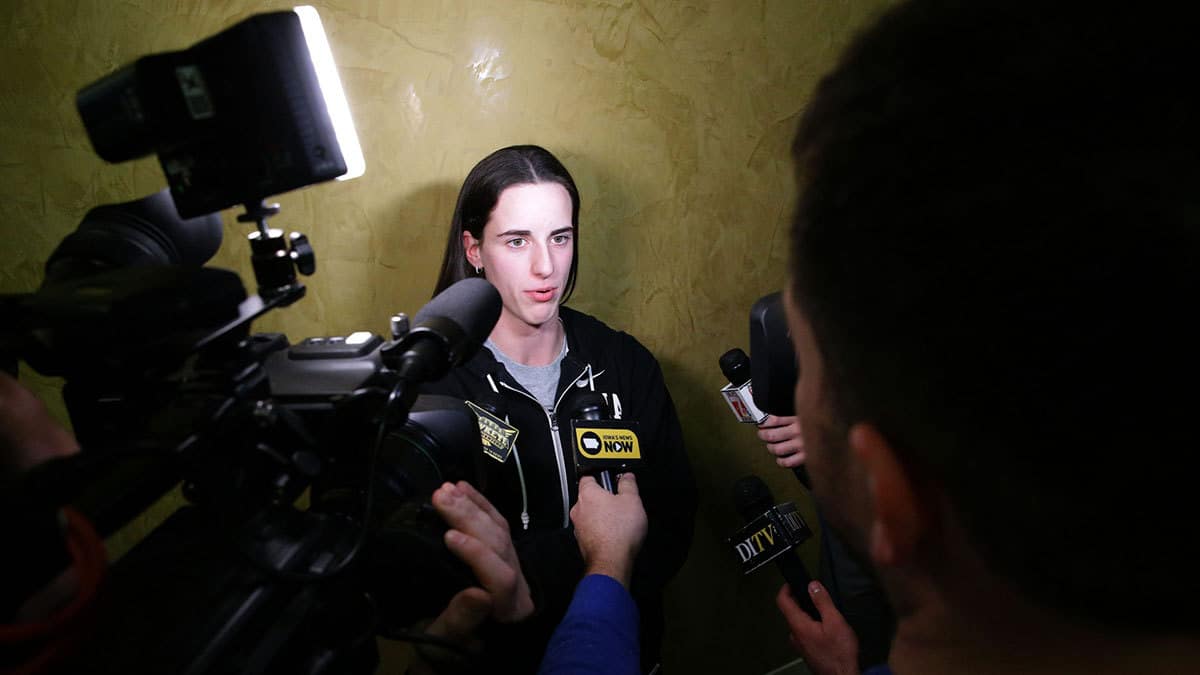
The league's commissioner, Cathy Engelbert, has already addressed the financial narrative surrounding the transition from college to the professional ranks.
Engelbert has dispelled the myth that turning pro could mean a financial downgrade for stars like Clark, noting that what are known as NIL deals for college athletes essentially become endorsements once they join the WNBA.
With a new generation of players entering the professional world with significant online clout and brand-building capabilities, there's an unprecedented chance for the WNBA to elevate its profile. Clark's endorsement deals, which are expected to carry over and expand in her professional career, signify the commercial potential that comes with athletes of her caliber.
This growing recognition around women athletes presents a crucial moment for the WNBA to reassess its approach to talent retention. Bird's comments are less about preventing players from playing overseas and more so a directive for the WNBA to leverage these young athletes' reach and influence to foster a stronger, more captivating league.

